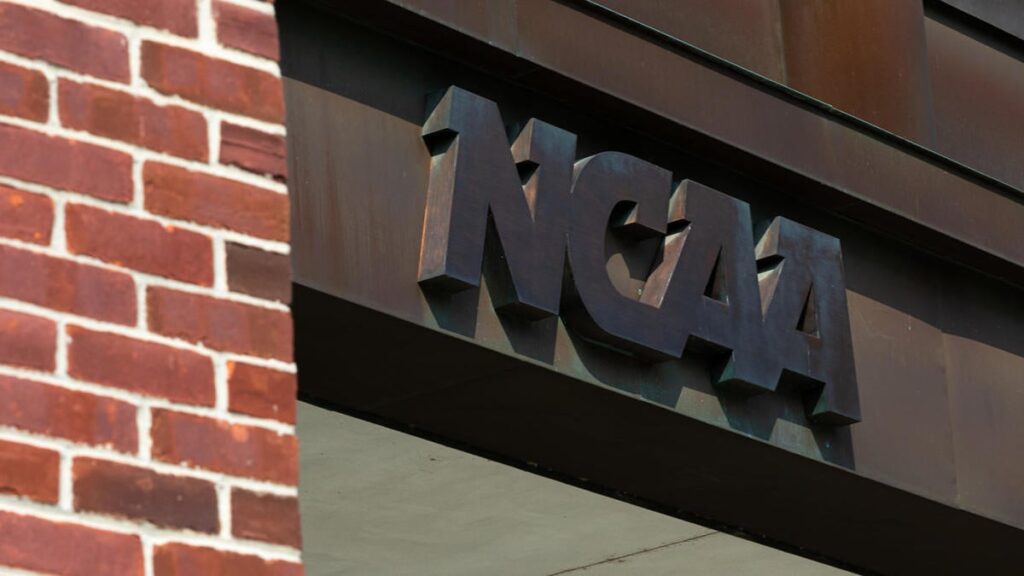The NCAA Playing Rules Oversight Panel has approved a rule to curtail faking injuries, which has been a hot-button topic in recent seasons. Starting with the 2025-26 college football season, if medical personnel enter the field to evaluate an injured player’s health after the ball is spotted for the next play, the offending team will be charged a timeout.
If the team is out of timeouts, they will instead by called for a 5-yard delay of game penalty. The proposal was first set out by the NCAA Football Rules Committee in February but required approval from the panel to be officially introduced. Conference offices would also have the right to take disciplinary action against players or schools who are found to have purposefully faked injuries.
“The committee identified the time period after the ball has been spotted as the most egregious violations of the injury timeout rule and is addressing the issue this way,” Georgia coach Kirby Smart, who serves as co-chair of the NCAA Rules Committee, said in a statement in February. “Having a set time frame of when the game is stopped for an injured player should hopefully help curtail the strategy of having players fake injuries.”
Allegedly faking injuries has become a popular practice for teams, especially as they go against tempo offenses. During a matchup between high-tempo Tennessee and Alabama, for example, the Tide got confused while sending in substitutions, leading to a defensive back simply flying to the ground moments before the snap to pause the game.
Last season, the SEC introduced fines for head coaches who encourage players to fake injuries. The first instance results in a $50,000 fine, the second is $100,000. A third incident could lead to a head coach being suspended for their next game.
In addition to the rule aimed at cracking down on faking injuries, the committee changed overtime rules to limit teams to one total timeout after the third overtime. The decision is in response to Smart calling a timeout every single defensive play during an eight-overtime 44-42 win over Georgia Tech last year.
Here are other notable rule changes:
- If the defensive team commits a 12 men on the field penalty in the final 2 minutes of a half, the offensive team will have the right to turn the clock back to the start of the play. The rule change formally closes a loophole that Oregon coach Dan Lanning used to defend a third-and-25 and run time off the clock against Ohio State.
- Referees will now only describe reviews as being “upheld” or “overturned.” They will no longer use the terms “confirmed” and “stands.”
- If any player on a return team makes a “T” signal with his arms during a kickoff, it will be treated as a fair catch.
- Helmet comms are now fully allowed at the FCS level after being successfully introduced to the FBS last season.
Read the full article here


